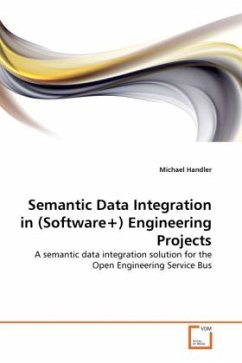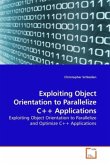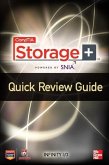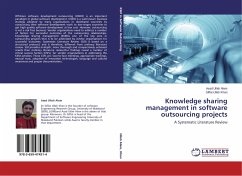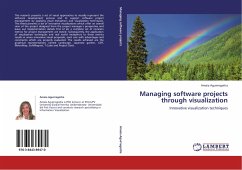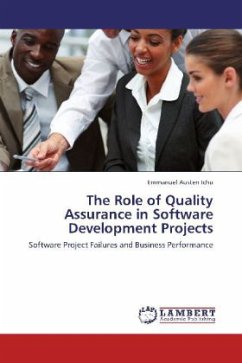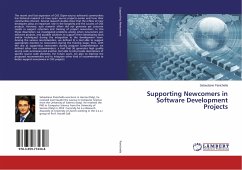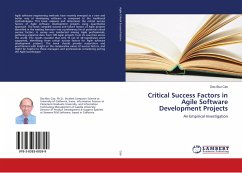The major problem that arises, when complex systems have to be engineered, is weak interoperability of tools in one engineering domain and especially between tools of different engineering domains. Incompatible syntactical representations of the same semantic concepts make efficient integration of engineering tools especially difficult. To solve the integration problem often costly and hard to maintain point to point integration between the tools is done. But these systems are not capable of fulfilling the requirements of a modern engineering environment, like robustness, flexibility and usability. In this book a prototype of a semantic integration system is developed as part of a larger technical integration system, the Open Engineering Service Bus. This prototype is evaluated with the help of two use cases: 1.) Definition Of Quality Criteria Across Tool Data Models in Electrical Engineering and 2.) Change Impact Analysis for Requirement Changes".
Bitte wählen Sie Ihr Anliegen aus.
Rechnungen
Retourenschein anfordern
Bestellstatus
Storno

